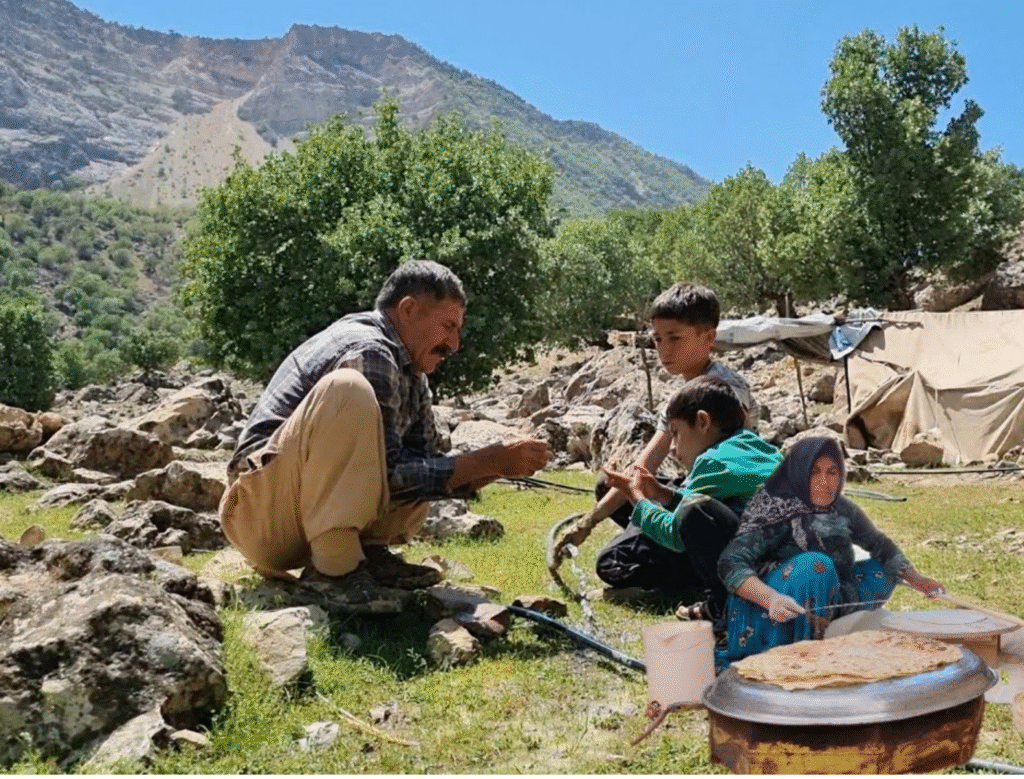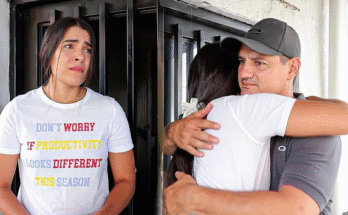
Men Build Walls, Women Bake Bread: The Real Life of Iranian Nomads
In the highlands and open plains of Iran, far from the cities and highways, nomadic tribes continue to live in close rhythm with the land. Their lives are shaped by tradition, resilience, and community. Among these tribes, such as the Bakhtiari, Qashqai, and Shahsevan, the roles of men and women are clearly defined—yet equally vital. A simple saying reflects this balance: “Men build walls, women bake bread.” It is not just about tasks, but about identity, cooperation, and survival.
Each spring, as the weather shifts and the air grows warmer, the tribe prepares for its biannual migration. This is not a small feat—it is a large-scale relocation of families, livestock, and livelihoods. The men take charge of physical logistics. They scout the safest paths, build temporary enclosures for animals, and erect structural frames for tents. Their work is physically demanding, often requiring long hours under the sun and careful planning to ensure the tribe’s safety as it journeys across rough terrain.
Meanwhile, the women prepare in their own way. As the tents come up and fires are lit, they get to work baking flatbread, often over hot stones or in portable clay ovens. Bread is more than food—it is tradition, comfort, and energy for the road ahead. Women also pack and organize the household goods, care for children, milk animals, and weave textiles that are both practical and artistic.
Though their tasks are divided, men and women depend deeply on each other. In nomadic life, survival depends not on hierarchy, but on cooperation. Every member of the tribe has a role, and each role is essential. While the men might build fences to protect the flock from predators at night, it is the women who make the daily meals, tend to the sick, and keep the household running in a tent that may only stand for a few weeks at a time.
The labor is often hard and constant. Water must be fetched from nearby streams. Herds must be moved frequently to find fresh grazing. Children, from a young age, are part of this cycle—boys learn to herd animals and navigate trails; girls learn to spin wool and bake bread alongside their mothers.
But there is also joy—sunrise over open plains, the laughter of children chasing goats, the deep stories told around fires. Women sing as they work, passing down folk songs and tales. Men teach boys how to read weather and track animals. Each season brings new challenges, but also familiar rhythms that have lasted for centuries.
In modern times, some of these traditions are under pressure. Roads, development, and climate change are affecting migration routes. Yet many nomadic families still cling to their way of life with pride. In a world of rapid change, their connection to the land, and to each other, remains strong.
Here in the mountains, in tents of black goat hair and under open skies, the phrase rings true: Men build walls. Women bake bread. And together, they build a life.
